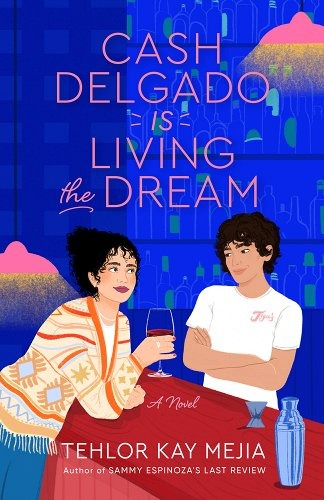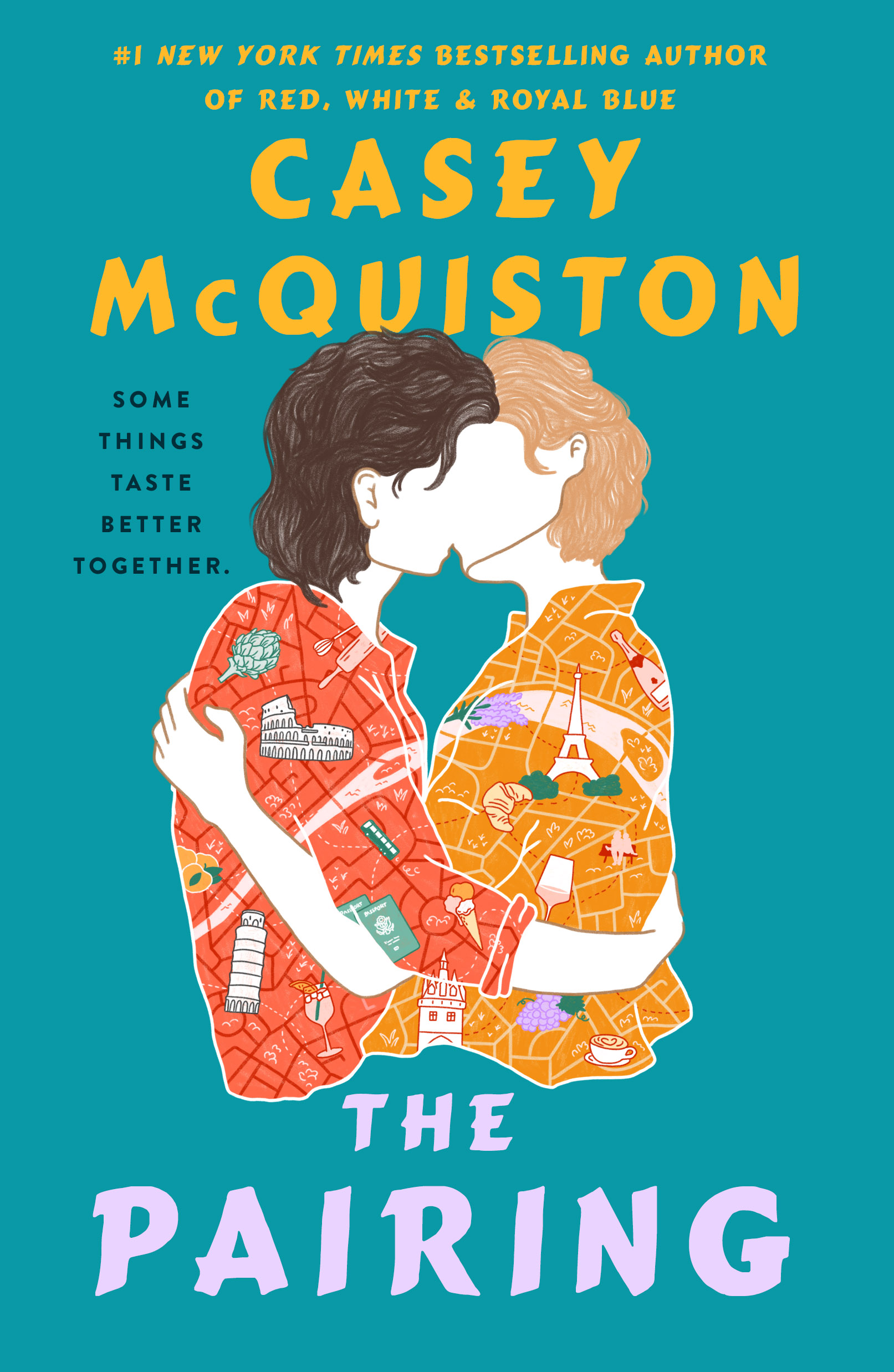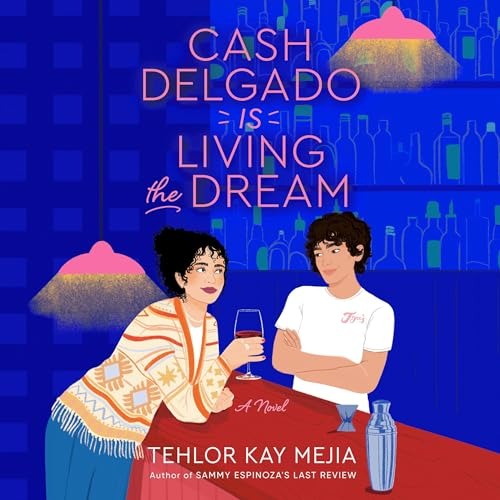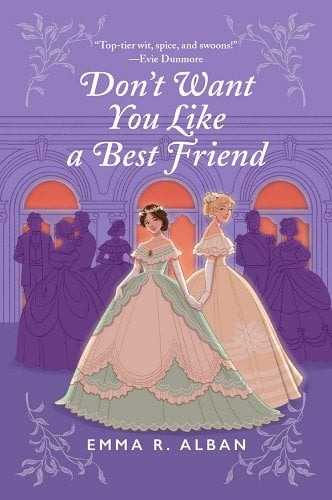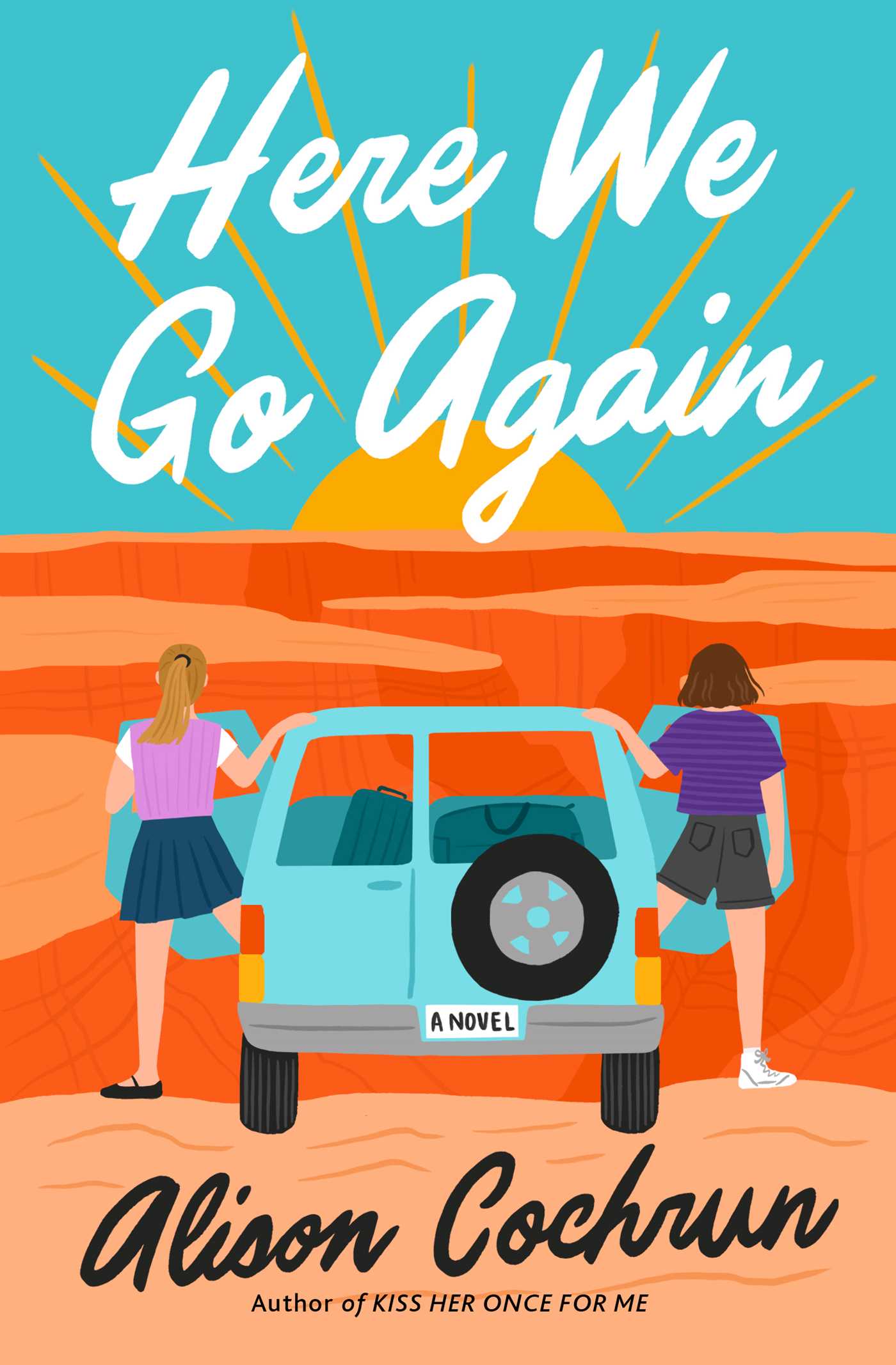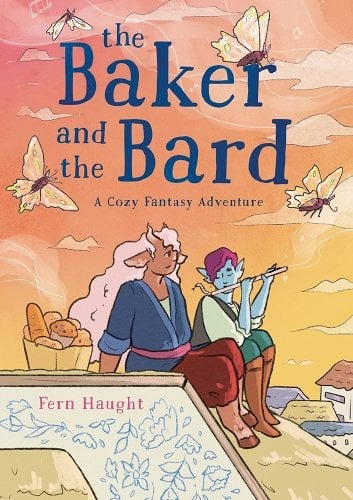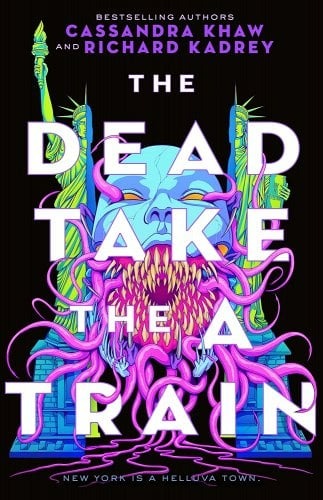Buy this from Bookshop.org to support local bookstores and the Lesbrary! [A quick note on spoilers: If you want to get very technical, this entire review is a spoiler. Seriously, if the mere mention of the word “spoilers” makes your skin crawl, here’s the short version of this review: Go read Cash Delgado Is Living theRead More
A Wing-Woman Rom-Com: Sorry, Bro by Taleen Voskuni
Buy this from Bookshop.org to support local bookstores and the Lesbrary! After ending her long-term relationship with her non-Armenian boyfriend, Nar decides to agree to let her mother help her find a new boyfriend among the eligible Armenian bachelors of San Francisco. She plans to spend the next month at local Explore Armenia events, meetingRead More
A Decadent Bi4Bi Romance: The Pairing by Casey McQuiston
Buy this from Bookshop.org to support the Lesbrary and independent bookstores! [I] wonder if heartbreak will fuck you if you learn to love it enough. It feels unnecessary to recommend the new Casey McQuiston romance, given how incredibly popular Red, White, and Royal Blue and One Last Stop are. I’m sure this will also getRead More
A Painfully Oblivious Lesbian Love Story: Cash Delgado Is Living the Dream by Tehlor Kay Mejia
Buy this from Bookshop.org to support local bookstores and the Lesbrary! Your enjoyment of Cash Delgado Is Living the Dream will depend heavily on how you feel about reading hundreds of pages of a truly oblivious queer main character. The kind of character who googles, “Can you be straight and have a sex dream aboutRead More
A Sapphic, Victorian Parent Trap: Don’t Want You Like a Best Friend by Emma R. Alban
Buy this from Bookshop.org to support local bookstores and the Lesbrary! Pretty much as soon as I discovered Emma R. Alban’s Don’t Want You Like a Best Friend, I was excited to read it. From the frothy cover to the Taylor Swift lyric title (admittedly I don’t actually know Taylor Swift’s music well enough to recognize thatRead More
A Lesbian Road Trip Romcom About Death: Here We Go Again by Alison Cochrun
Buy this from Bookshop.org to support local bookstores and the Lesbrary! I read Alison Cochrun’s previous book, Kiss Her Once for Me, and liked it, but I was not expecting to love this one quite as much as I did. Some of that is for reasons that will translate to many other readers, and someRead More
A Comforting Queer Cozy Fantasy Comic: The Baker and the Bard by Fern Haught
Buy this from Bookshop.org to support local bookstores and the Lesbrary! One of my favourite micro niches is queer cozy fantasy middle grade comics—which mostly just means I adore the Tea Dragon series by K. O’Neill. I have a print from that series on my wall. I have the box set. I have the cardRead More
A Literal Love Song: Stars Collide by Rachel Lacey
Bookshop.org Affiliate Link “You’re more than your sexuality. So much more.” After her divorce, pop star sensation Eden Sands’ latest album lacked the spark fans and the industry have expected of her after 20 years. Meanwhile, Anna Moss, her fellow Grammy nominee, is beginning to rise, though people in the industry don’t take her asRead More
Gory Bisexual Horror/Fantasy: The Dead Take the A Train by Cassandra Khaw and Richard Kadrey
Buy this from Bookshop.org to support local bookstores and the Lesbrary! One thing about a Cassandra Khaw book: I never know what I’m getting into. Even two-thirds of the way through this, completely invested in the story, I still kept thinking, “What genre is this? And also, what’s the plot?” Julie is a 30-year-old exorcistRead More
Cheesy Goodness: The Princess and the Grilled Cheese Sandwich by Deya Muniz
Buy this from Bookshop.org to support local bookstores and the Lesbrary! Note: Though plot spoilers are restricted to the very end of the review, this review discusses some themes and character arcs in the latter part of the book. As the first snow falls in my region, it’s a perfect time for a cozy graphicRead More
